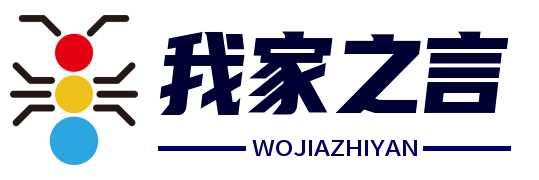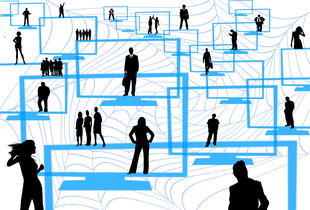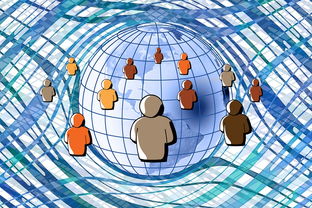In the era of digitalization and globalization, high technology has become an integral part of our lives. From smartphones to smart homes, from artificial intelligence to renewable energy, the advancements in technology have not only made our lives more convenient but have also significantly altered the way we interact with the world around us. This essay aims to explore the transformative impact of high technology on our daily lives.
Firstly, communication has been revolutionized by high technology. Gone are the days when we had to rely on letters and telegrams to stay in touch with loved ones. Today, we have instant messaging apps, video calls, and social media platforms that allow us to connect with anyone, anywhere, at any time. This has not only made communication faster and more efficient but has also fostered a sense of global community, breaking down geographical barriers and cultural differences.
Secondly, the advent of the internet has democratized access to information. The World Wide Web has become a vast repository of knowledge, where anyone with an internet connection can learn about any subject. This has empowered individuals to educate themselves, making lifelong learning a possibility. Moreover, it has also facilitated the sharing of ideas and innovations, leading to a more informed and progressive society.
Thirdly, high technology has transformed the way we work. Automation and artificial intelligence have taken over many routine tasks, allowing humans to focus on more creative and strategic aspects of their jobs. Remote work has become a reality, thanks to high-speed internet and collaboration tools, which has not only increased flexibility but has also reduced the need for physical office spaces. This has led to a more sustainable way of working, as it cuts down on commuting and energy consumption.
Furthermore, high technology has had a profound impact on healthcare. Telemedicine has made it possible for patients to consult with doctors from the comfort of their homes, reducing the need for hospital visits and lowering the risk of infection. Medical devices and applications have also been developed to monitor patients' health in real-time, enabling early detection and treatment of diseases. Additionally, advancements in genetic research and biotechnology have opened up new possibilities for personalized medicine, where treatments are tailored to an individual's genetic makeup.

In the realm of entertainment, high technology has also brought about significant changes. Streaming services have replaced traditional cable TV, offering a wide range of content on-demand. Virtual reality and augmented reality technologies have introduced new dimensions to gaming and interactive experiences, blurring the lines between the digital and physical worlds.
However, the impact of high technology is not without its challenges. Privacy concerns have risen with the increased use of digital devices and online platforms. The digital divide, where access to technology is unequally distributed, has also become a pressing issue, potentially exacerbating social inequalities. Moreover, the rapid pace of technological change can lead to job displacement and the need for continuous reskilling.
In conclusion, high technology has undoubtedly transformed our daily lives in numerous ways, from communication and work to healthcare and entertainment. While it has brought about significant benefits, it is essential to address the challenges it presents to ensure that its impact is positive and inclusive for all. As we continue to embrace technological advancements, it is crucial to do so with a mindful approach, considering the ethical implications and the need for equitable access to these innovations. The future of high technology holds immense potential, and it is up to us to shape it in a way that benefits humanity as a whole.









